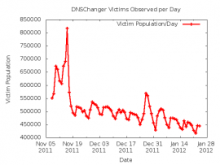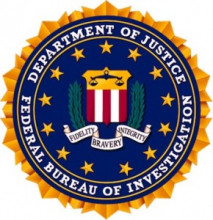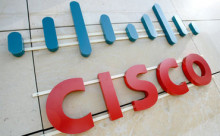User who sued AT&T for $10k over 3G data throttling wins $850
Matthew Spaccarelli won $850 last month after suing AT&T for throttling his unlimited 3G data plan. He apparently found that the service was being reduced after only 2GB of data usage despite the fact that the company apparently offers 3GB at the same price.
Spaccarelli had originally asked the court to award him $10,000 and is apparently not interested in the $850 settlement, choosing instead to post AT&T's legal documents online and encouraging consumers in similar situations to follow suit.













































































